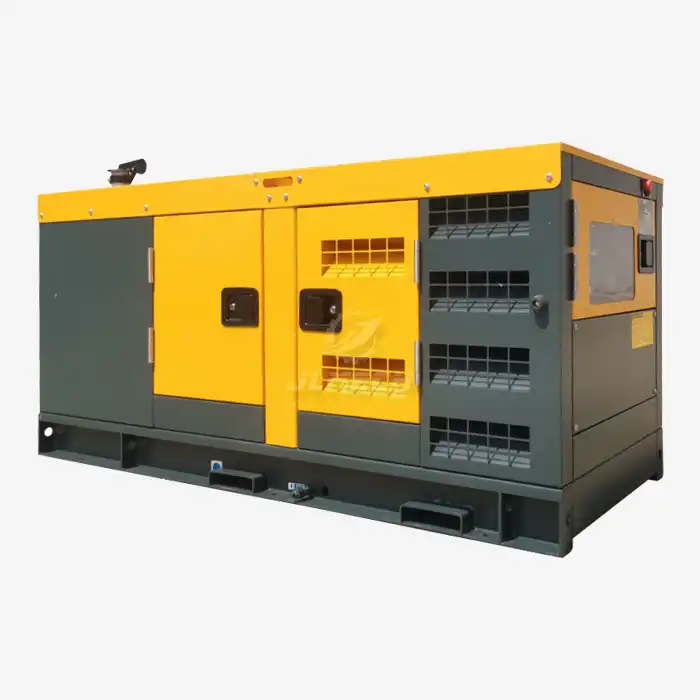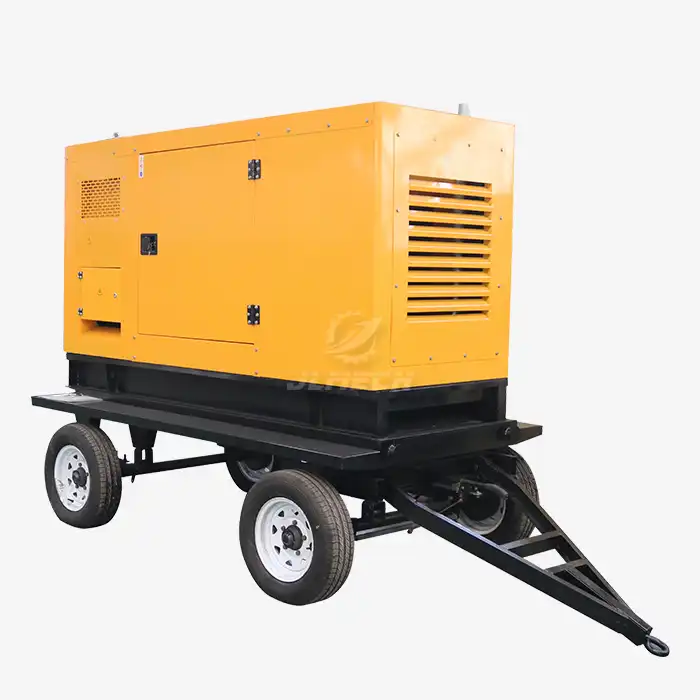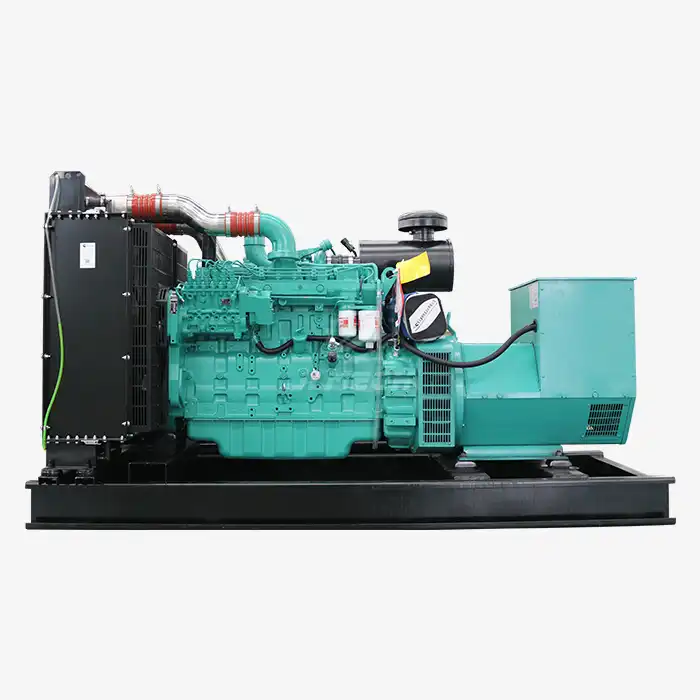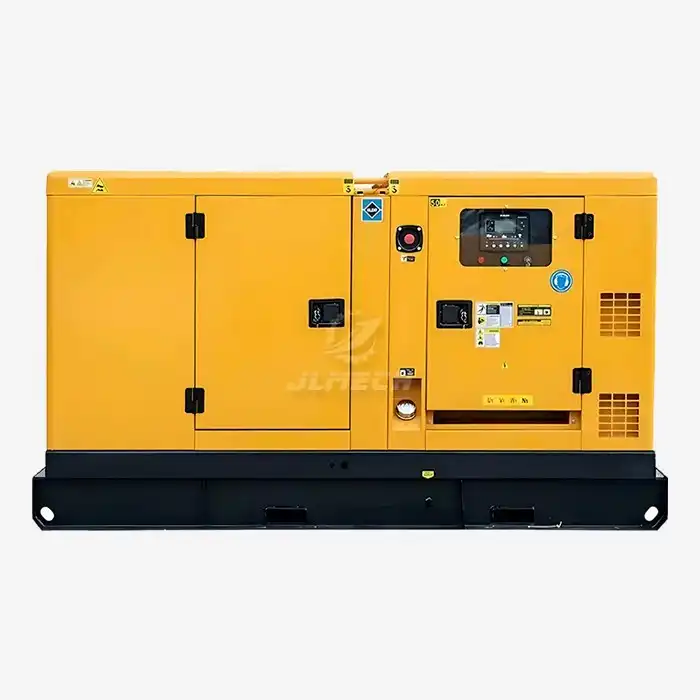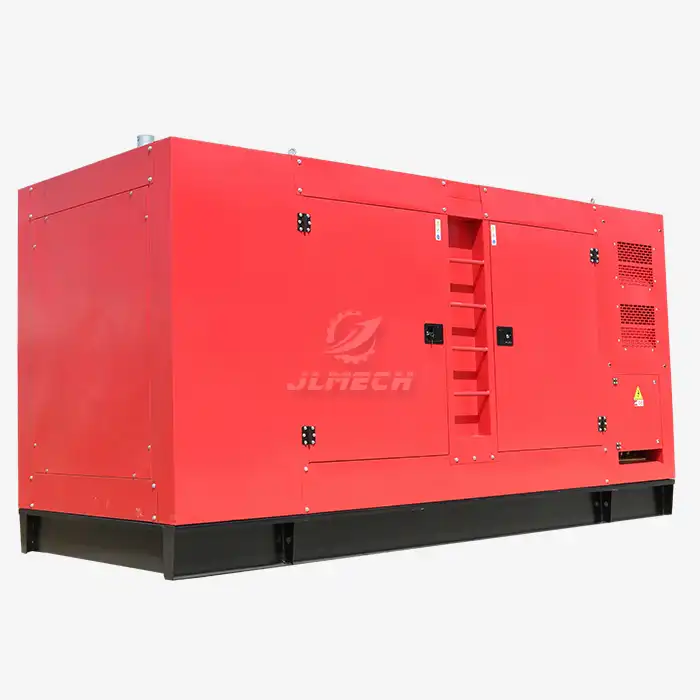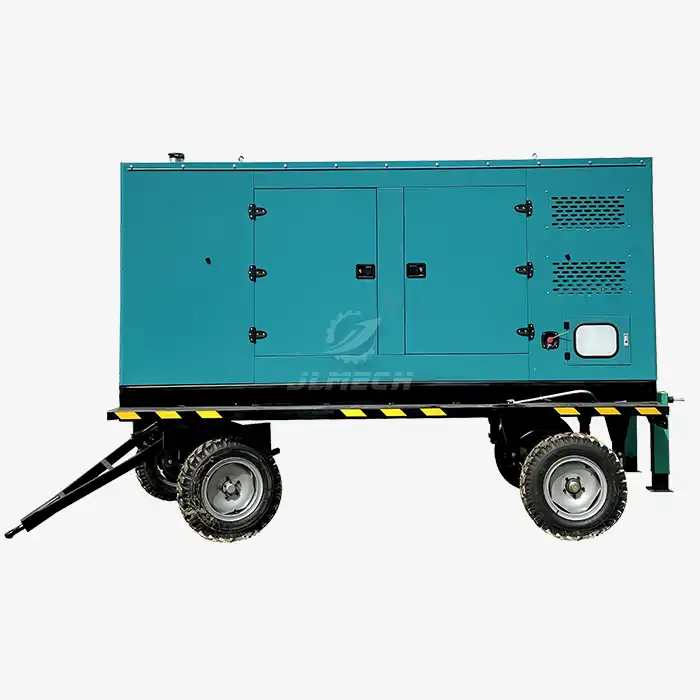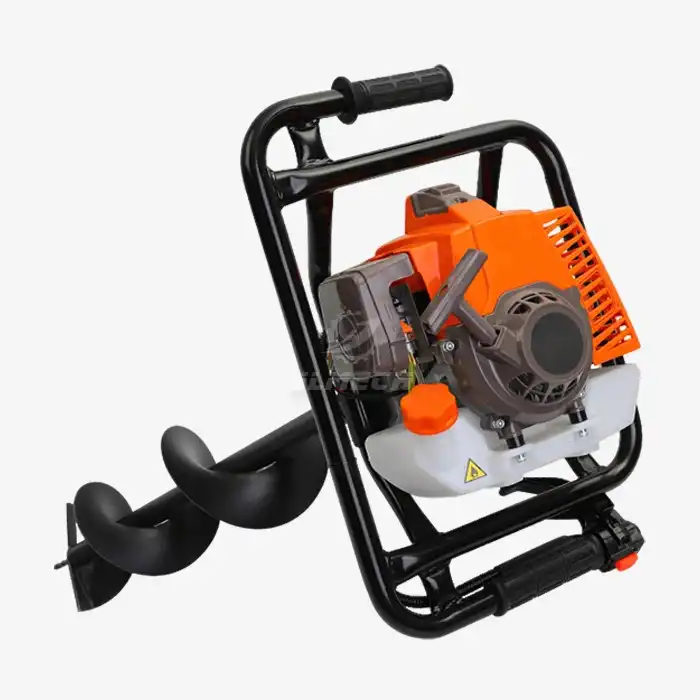How many hours should you service a diesel engine?
This is one of the most frequently asked questions in the power generation industry, and understandably so. While many search for a simple, universal number, the honest answer is that optimal service intervals are not one-size-fits-all. The correct frequency depends on a careful consideration of several critical factors tied to your specific operation. A meticulously crafted diesel generator maintenance schedule is the only way to ensure your engine receives service when it truly needs it, maximizing both performance and longevity while avoiding unnecessary downtime or costs.
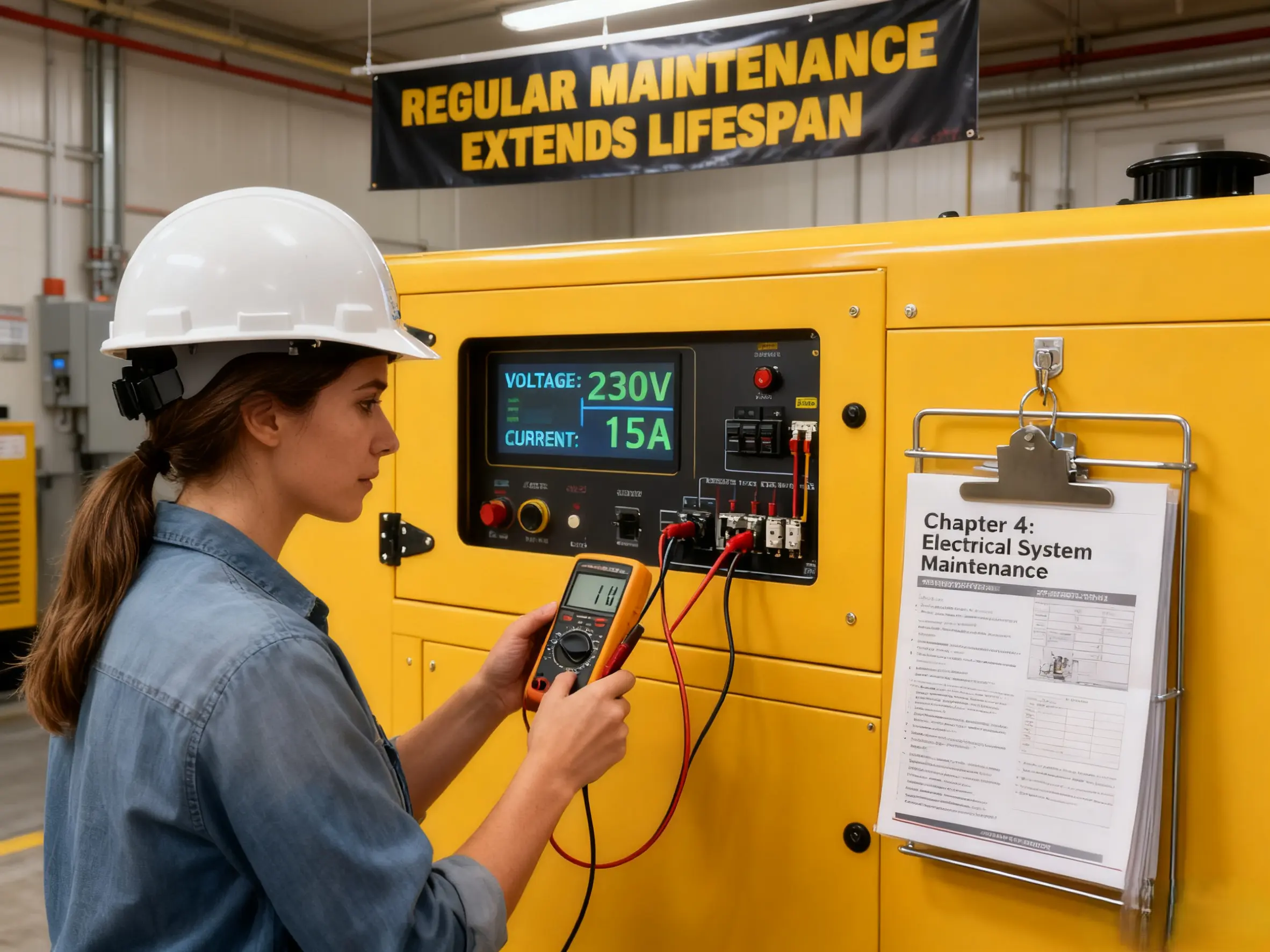
Factors Determining Service Intervals
Several key elements directly influence how often your diesel engine requires servicing. Understanding these variables is essential for creating an effective maintenance plan.
Manufacturer Specifications: Your engine's operation manual provides the foundational benchmark. These recommended intervals are based on extensive engineering tests and must be followed to maintain warranty validity.
Operational Duty Cycle: How the generator is used significantly impacts service needs:
Standby/Emergency Units: Service intervals are often time-based (e.g., annually) but must include regular exercise runs with load.
Prime Power Units: Service is strictly based on running hours, with intervals adjusted for load factor.
Continuous Power Units: Require the most frequent service due to constant operation.
Environmental Operating Conditions: Harsh environments accelerate wear. Dusty conditions clog air filters faster, high humidity promotes corrosion and oil degradation, and extreme temperatures (hot or cold) place additional stress on all components.
Fuel and Oil Quality: Using lower-quality fuels or incorrect oil grades can introduce contaminants and cause faster engine wear, necessitating more frequent servicing.
A professional diesel generator maintenance schedule synthesizes all these factors into a coherent plan.
Industry Standard Guidelines
While your manufacturer's manual and specific conditions are paramount, these general industry benchmarks can provide a useful reference point for planning:
Standby/Emergency Generators: Service every 100-200 hours of operation or annually, whichever comes first. This must include a minimum 30-minute monthly exercise under load.
Prime Power Generators (Moderate Load): Service every 250-500 hours of operation.
Continuous Power/High-Load Generators: Service every 150-250 hours of operation.
Severe Service Conditions: Applications with extreme dust, temperatures, or frequent cycling may require service as often as every 100 hours.
These benchmarks highlight why a customized diesel generator maintenance schedule is essential—it aligns manufacturer specifications with your operational reality.
Signs Requiring Immediate Service
Even between scheduled services, watch for these warning signs that indicate your engine needs immediate attention:
Dark, Gritty Oil: Fresh oil is amber and translucent. Black, gritty oil indicates high contamination levels.
Increased Exhaust Smoke: Excessive black, blue, or white smoke can signal improper combustion, often related to fuel, air, or injection issues.
Difficulty Starting: More frequent cranking or failure to start may indicate problems with the fuel system, battery, or compression.
Unusual Noises: Knocking, rattling, or other abnormal sounds often signal serious mechanical issues that need immediate diagnosis.
Oil Pressure Warnings: Fluctuating or low oil pressure readings require immediate investigation.
Increased Fuel Consumption: A sudden drop in fuel efficiency often indicates need for service.
Adhering to a proper diesel generator maintenance schedule helps prevent these issues from occurring unexpectedly.
Conclusion
Determining the optimal service interval for your diesel engine is not about finding a magic number but about implementing a comprehensive diesel generator maintenance schedule tailored to your specific operational needs. This proactive approach ensures reliability, extends engine life, and provides the best return on your power generation investment by preventing unexpected failures and minimizing total operating costs.
JLMECH possesses extensive expertise in power generation solutions and upholds an unwavering commitment to quality. We provide detailed maintenance guidance and high-performance generator systems built for reliability.
Our expert team at JLMECH is here to assist you. Contact us today at skala@whjlmech.com to discuss your specific requirements and discover our tailored power solutions and support services.
References
International Organization for Standardization. (2018). *ISO 8528-5:2018 Reciprocating internal combustion engine driven alternating current generating sets — Part 5: Generating sets*. Geneva, Switzerland.
National Fire Protection Association (NFPA). (2022). NFPA 110: Standard for Emergency and Standby Power Systems. Quincy, MA, USA.
Society of Automotive Engineers (SAE). (2019). SAE J300: Engine Oil Viscosity Classification. Warrendale, PA, USA.



